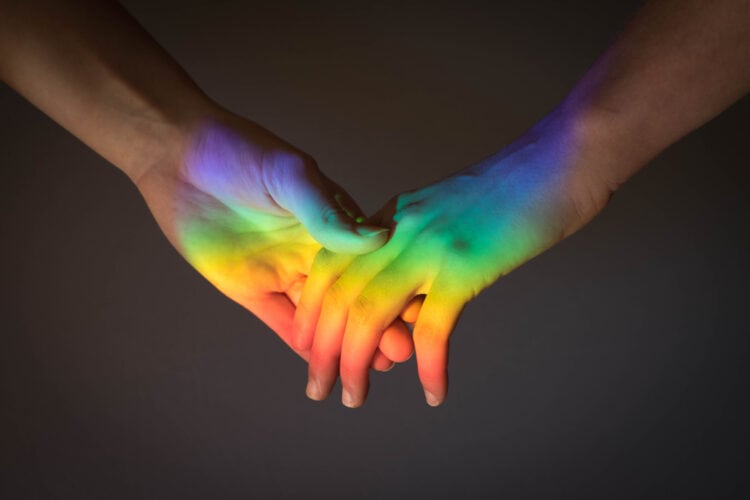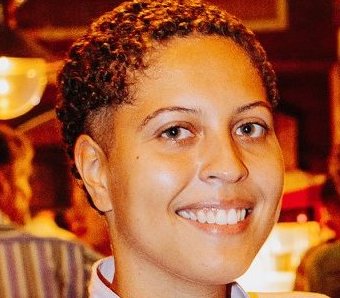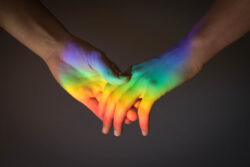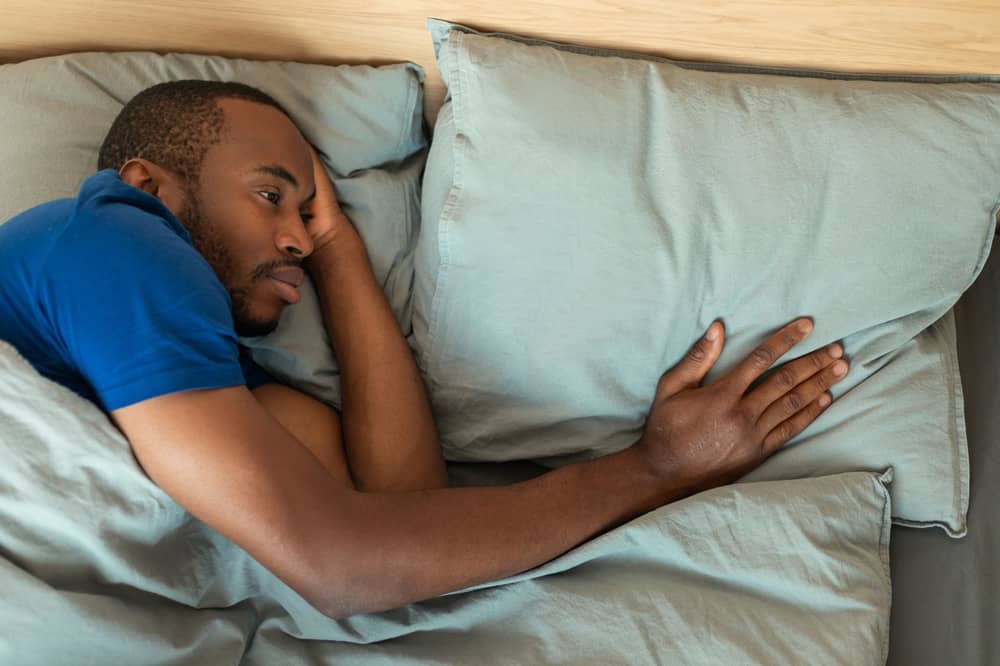For LGBTQ people, the friends we populate our lives with are often said to be our “chosen family,” a network of kin who fill the gap left by the messy or missing relationships we often have with our biological families. So, what happens when these friendships are lost or dissolved? How can queer people navigate the end of friendships that might have been extremely central to our lives and identities?
There’s no widely accepted societal script for how to cope with the aftermath of a friend ending your relationship, even though it might be just as devastating as the loss of romance. We’ve summarized why friendships are so important to queer people, gathered insight from queer therapists who specialize in working with queer people into how to process a friendship breakup and what can be done to lessen the chances of future painful friendship breakdowns.
LGBTQ relationship bonds can be stronger than family ties
We live in a heteronormative and cisnormative world where life is predicated and organized on the assertion that being straight and cisgender is normal, natural, moral, and desirable. This leaves queer people living on the sexual and gendered margins. The margins are a place characterized not just by the difficulties that come with being denied access to the blessed ‘center’ of the societal order, but also by ingenuity and invention.
Queer people so often find themselves overtly or implicitly left out of the warmth and shelter of the biological family, and so we turn to friendship to make anew our families. It is our friends who nurture us, lead us in our identity formation, guide us and love us. This is why a friendship breakup has the potential to be catastrophic for LGBTQ people, it is not just a friend that is lost, but often a scaffolding upon which a life has been carefully hung.
This is why a friendship breakup has the potential to be catastrophic for LGBTQ people, it is not just a friend that is lost, but often a scaffolding upon which a life has been carefully hung.
How does one properly mourn the loss of a queer friendship?
In the aftermath of a queer friendship breakup, it is “completely normal to feel a deep sense of grief,” licensed clinical therapist Christa McCrorie said. She advises those struggling in the aftermath of a breakup to take your time. There is no timeline for grief, or for your grieving process. Everyone will move at a different pace and that’s entirely OK.
“Keep yourself occupied with whatever feels soothing, healing, and easeful,” she said.
It’s also OK to vacillate between hard moments and randomly laughing to yourself because you remembered a funny memory. Be in your body. Practice self-tenderness and compassion for yourself, couple’s counselor Sabrina Sarro added.
Don’t deny your emotions – grieving helps you move on
It’s paramount that the process of grieving isn’t skipped when dealing with a breakup. While it might be tempting to simply try to erase the person or relationship from your memory and throw yourself into something new, this will inevitably come back to haunt you.
Grief’s role “is important because it pushes you to eventually accept the loss and move on with your life,” McCrorie said. This grieving process can be difficult because we may feel a sense of incompleteness or betrayal at the thought of moving on into a life without this person, she said. This can be compounded in the case of a queer friendship because you may feel an extra sense of loyalty to this person who has come to represent your family. Often people struggle to let go of attachments to biological family members out of devotion to what family symbolizes, and a similar thing can crop up in these situations.
“I just went through one of the biggest, most painful friendship breakups of my life. We needed to say goodbye to one another, despite me wanting to hold on,” Sarro said.
Making peace with the dissolution of the bond is essential in order to properly mourn and move on. A “funeral” for your relationship can be a concrete way for you to process, acknowledge and sit with your grief, Oumou Sylla, a marriage and family therapist, said.
Grief can also be a difficult process for those who are afraid to or feel ill-equipped to sit with their emotions. This is not uncommon amongst queer people, many of whom carry with them scars of having to suppress and deny emotions before coming out.
It is very important to allow yourself ample time to feel your feelings and to get them out – whether it be through journaling, art or poetry, McCrorie said. “If this feels overwhelming, use deep breathing to help ground yourself, breathing deep into your navel and exhaling longer than the inhale.”
The healthiest way to recover from a queer friendship breakup
Bouncing back in the aftermath of a friend breakup isn’t something that will happen overnight, Sylla said. However, once you begin to feel the fog of grief lifting, you might find that you’re in a place to begin trying to meaningfully move on. This can take a few different forms. For example, Sylla said that bouncing back can look like “reflecting on pleasant and good memories” that you shared with your ex-friend and “offering gratitude to the version of you that connected with them.” Furthermore, you can explore “remembering that the end of a relationship doesn’t mean the relationship or the people in the relationship were failures.”
For queer people, often our friends are the people we spend time engaging in activities that connect us to the wider LGBTQ community. For example, maybe you and your ex-friend always went to drag brunch together or volunteered at the LGBTQ center together. In this phase, it can be healthy to try to find new ways to engage with your community that don’t directly remind you of your friend, or where you won’t have to accidentally run into her or him.
At this point, licensed clinical psychologist Corrie Goldberg, Ph.D., said, it’s a good idea to mute or remove your former friend on social media and commit to not communicating with them, even if you sometimes feel overwhelmed with the urge to.
This is a good time to get into a new sport or hobby or spend some time organizing local queers to do good for others. For example, you could throw a solidarity party to raise money for LGBTQ people seeking asylum or for trans people who need gender-affirming surgery. It’s important to see that there are other people out there who you can connect with, who you have things in common with and whom you might be able to form new bonds with.
How to avoid future messy queer friendship breakups
Unfortunately, there is no way to completely avoid friendship breakups; as with any relationship, people are always changing, and so people may not always grow together in the same direction, McCrorie said.
“However, you can do your part to avoid painful or messy friendship breakups by staying engaged with yourself and your needs,” she said. “Be mindful of who you allow yourself to spend time around and share yourself with in the first place, so that you can create healthy friendships with people who help you be your best self.”
If you begin to notice that there are tensions in your friendship, it’s best to be proactive and communicate with your friend about what you’re experiencing. It can be tempting to just try to ignore problems, but this can only end in ruin. Use “I statements” to explain what changes you’re noticing, how it makes you feel, and start a conversation with the friend to see if any changes can help you both repair the relationship, McCrorie recommended.
It might also be that the problems in your friendship need to be tackled from your end in order to create a more healthy and sustainable relationship.
“Many queer people use queer friends not just as a chosen family, but to rewrite the painful dynamics of their family of origin consciously or subconsciously; while a chosen family is a beautiful thing, making someone else responsible for your own emotions or trauma processing is not,” McCrorie said.
Take responsibility for your emotions and do your work to process through these experiences – a therapist is a great person to help, McCrorie said. If you unleash too much onto your friends without taking responsibility for how it might land on the other person, you set yourself up for continually experiencing chaotic and painful friendship break ups.
“If after reflection you realize that you brought some unhealthiness into the relationship that contributed to its downfall, have compassion for yourself,” Goldberg said.
As McCrorie noted, this pattern can be broken with therapy and introspection, and it doesn’t mean that you’re a bad person. Approach yourself and the things you need to work on from a place of love and understanding for your difficulties, rather than from a place of shame and self-loathing.
Ultimately “pain and mess may be unavoidable, but the best thing we can do is always strive to move in an alignment that respects ourselves, the other party and the environment at hand,” Sarro said.
You can recover from a queer friendship breakup
The end of a friendship can feel especially devastating for LGBTQ people, but it doesn’t have to cause you pain forever. Making space for your grief about the loss of your friend, being proactive about taking steps towards healing and setting yourself up for better chances of success in the future can all go a long way to making the dissolution of a relationship easier.






